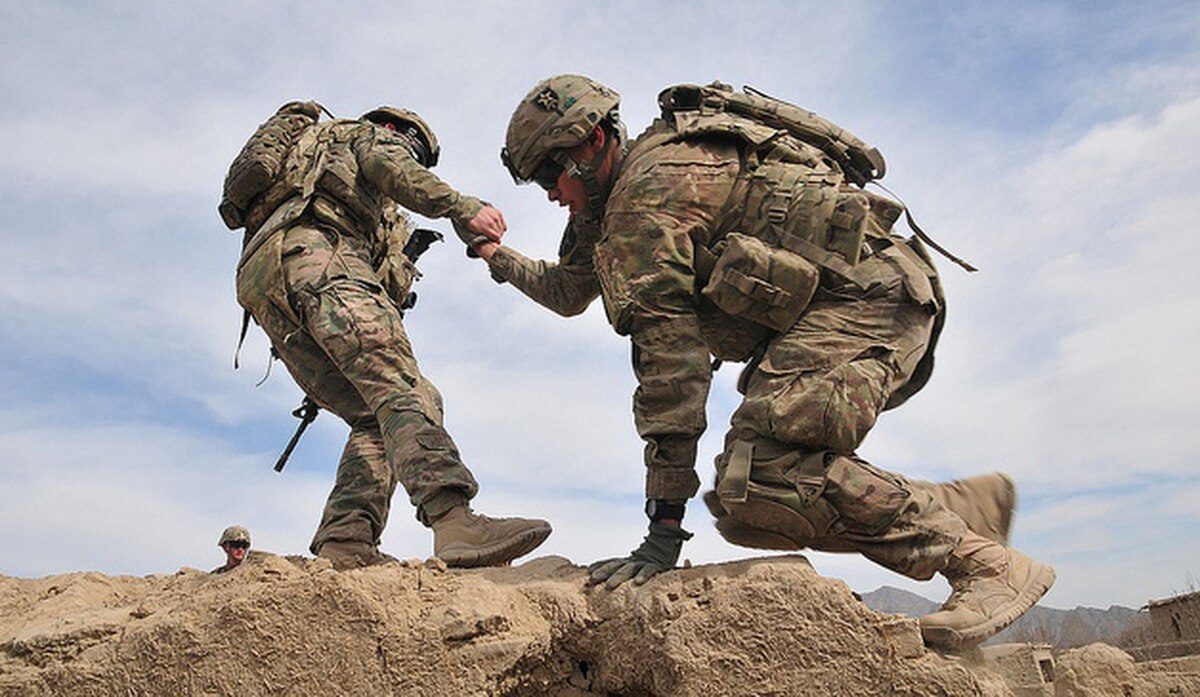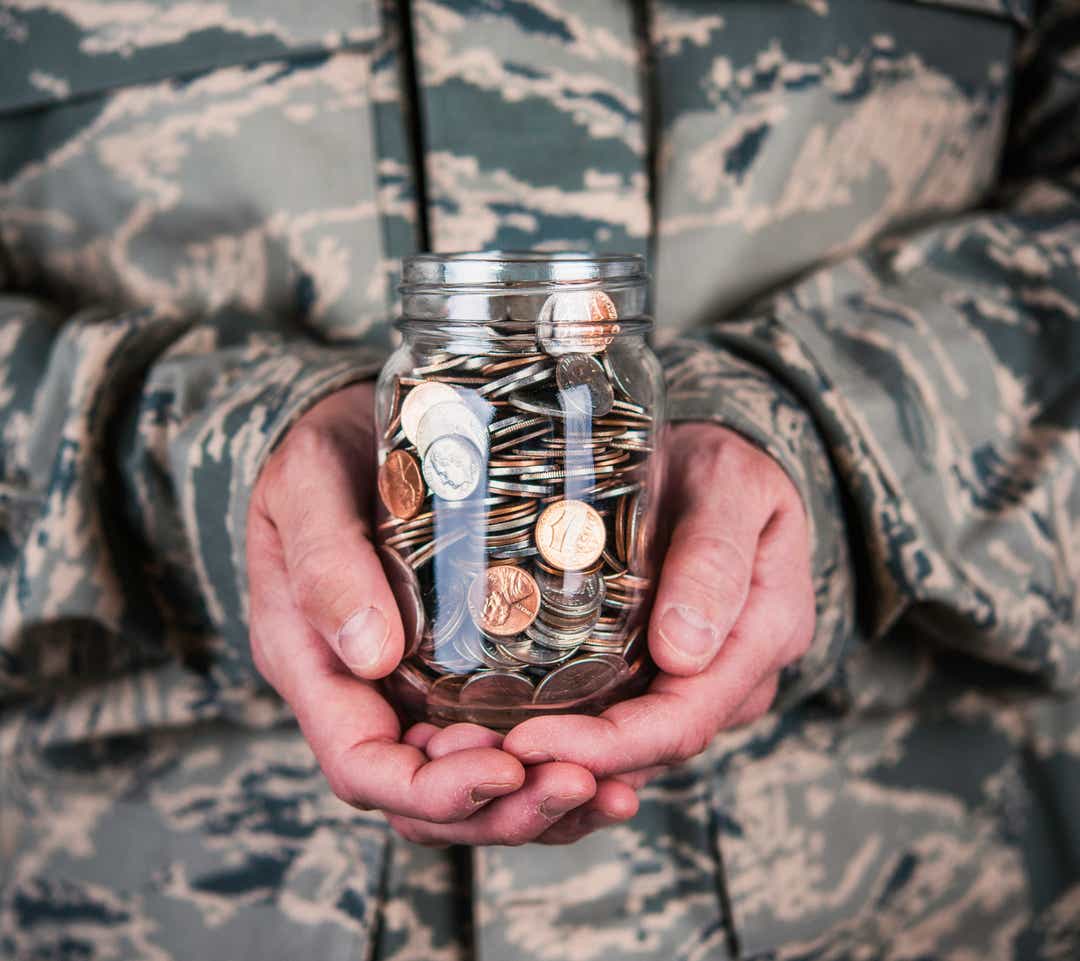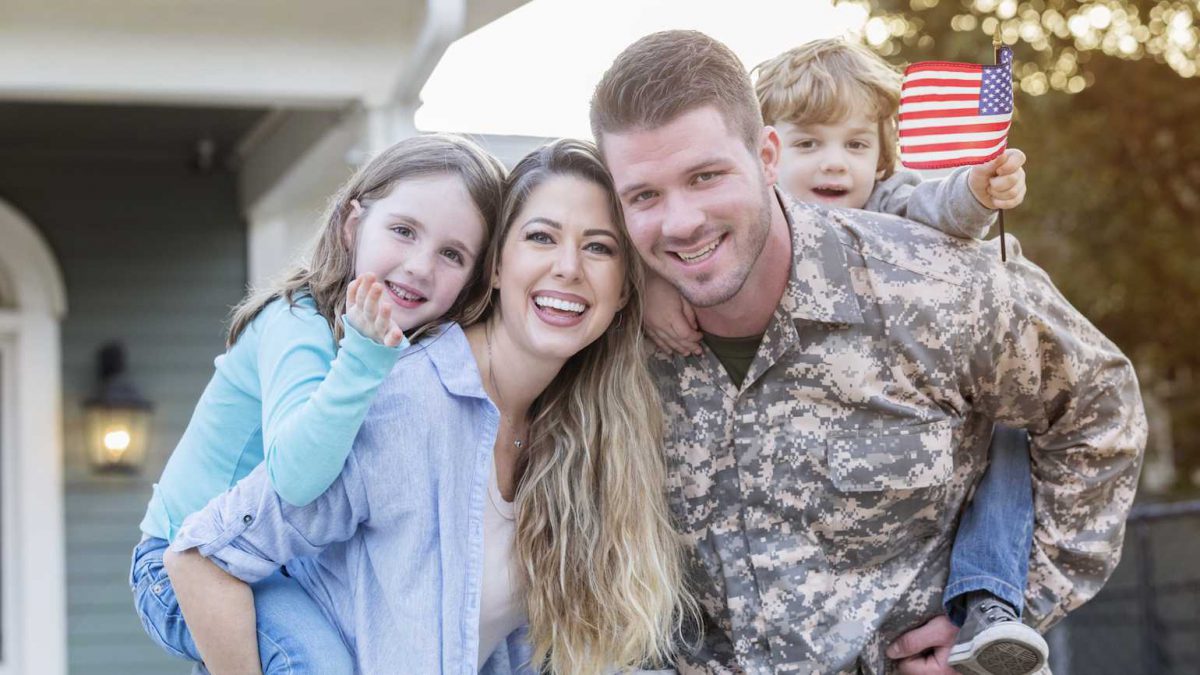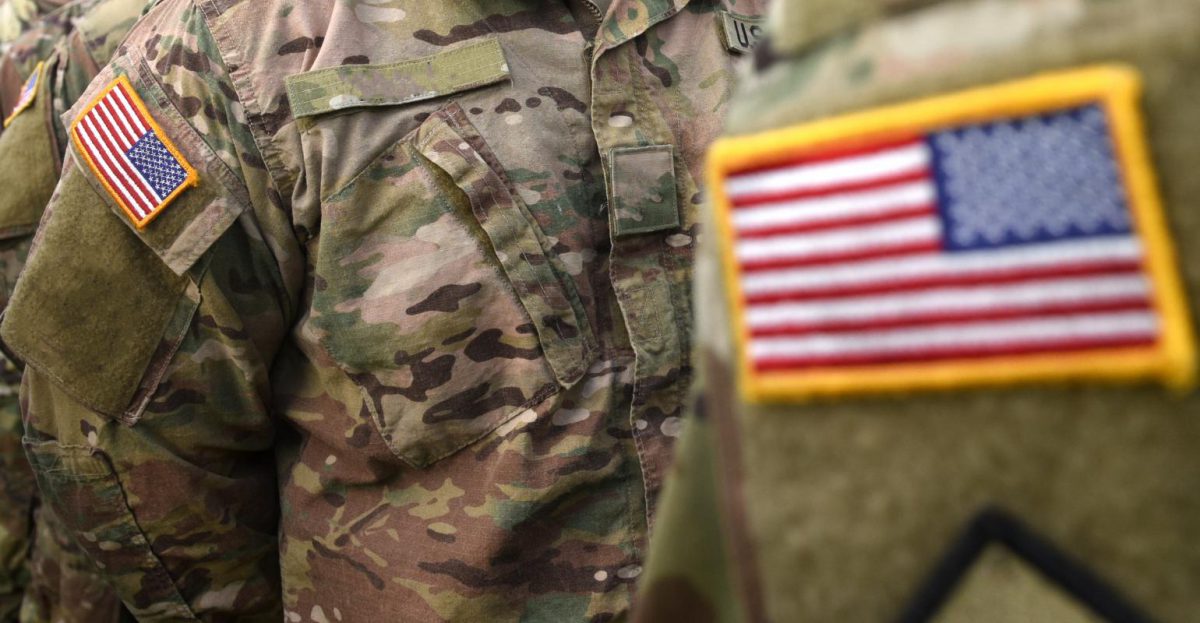It’s not that I actually need this appointment, I tell myself. It’s just a good thing to do — like getting a health screening or my annual flu shot.
And so I begrudgingly go each month, whether I feel like it or not. Sometimes, I take my kids with me, and they sit quietly with headphones and watch a movie. Sometimes, I duck out of work for 90 minutes to make it happen. Sometimes, I can think of one million other things I’d rather be doing.
But when I’m done, I’m always glad I went.
The monthly appointment is with my non-medical counselor, a woman named Judy who has an office attached to her home. And thanks to Military OneSource and Tricare, it’s free.
Yup, completely free.
Sitting in the back of a crowded room at a recent USO military spouse event listening to Rachel Hollis, author of The New York Times best-seller Girl Wash Your Face, I was shocked at how few spouses raised their hands when she asked who was currently in non-medical therapy. It could not have been more than 11 people.
And when she asked why people weren’t in therapy, a practice she considers preventative health help not emergency care, there was a parade of reasons based on “facts.”
None of those facts was completely accurate. I’m going to debunk them now.
3 Myths About Free Military Mental Health Help
Myth: There are no counselors available through Military OneSource or Tricare
Fact: It’s basically raining therapists.
I won’t argue that some areas have a higher demand and lower supply than others. I haven’t lived in each region — I can’t swear on a stack of Bibles that in-person therapy is easily available everywhere. But I can tell you that if, God forbid, there really are no in-person therapists available in Military OneSource’s network, you have other options. For example, therapists are available by video session or phone. Is that as nice as talking to someone in person? No. But it sure is convenient.
Myth: I can’t get therapy because I don’t have child care
Fact: Your kids shouldn’t prohibit you from getting care. Therapists understand that people have children. And while, no, taking your kids to your therapist appointment isn’t ideal, there are ways to make this work if you’re motivated to do so. For example, you can bring your kid with you, score a pair of headphones to put on her and distract her with a movie during your appointment. Swap child care with a friend. Utilize the child development center’s hourly care.
I can tell you that these methods of finding kid care for your therapy appointments work because I’ve done them. Therapists want you to be there, and they will help you come up with solutions for this barrier and many others, I promise.
Myth: “I have to get a referral.”
Fact: Military family members do not need a referral to get most types of mental health help.
The military provides mental health care to all dependents through two main avenues: Military OneSource and Tricare.
Through Military OneSource, all Defense Department beneficiaries, including National Guard and Reserve, can access up to 12 sessions of free non-medical counseling per issue or life problem by calling 800-342-9647 and going through a screening. If you have a new problem and need additional counseling, you can call again and get 12 more sessions.
For example, if deployment has made you seek counseling, you can get another 12 sessions as you deal with homecoming. Or maybe you’re navigating a sticky situation with your mother-in-law. Call and request sessions to help with that issue. No one will babysit your sessions to make sure that’s what you’re actually talking about with your counselor. Rather, it’s how Military OneSource tracks who is using the counseling services.
And if you use up your 12 free sessions and want to continue or don’t want to deal with Military OneSource to start with? Military dependents can self-refer through Tricare. In fact, it’s one of the few things covered by Tricare for which all plans can self-refer.
How much it costs to continue will depend on your plan and whether your therapist is in the Tricare network.
The only two categories of mental health help that require a Tricare referral are psychoanalysis and outpatient therapy for substance use disorder through a substance use disorder rehabilitation facility, according to Tricare.





